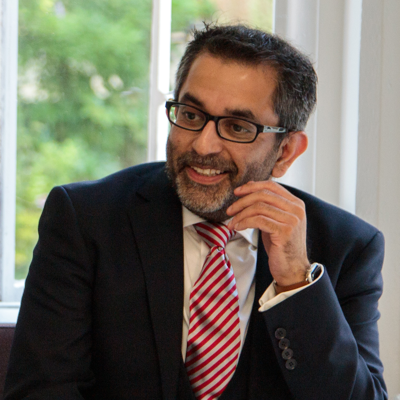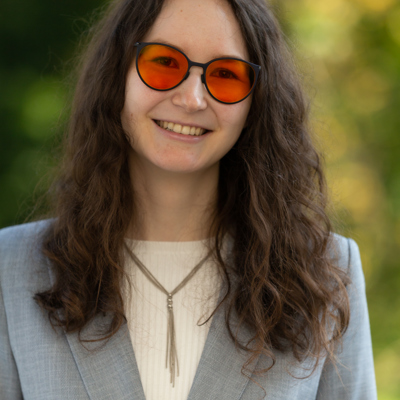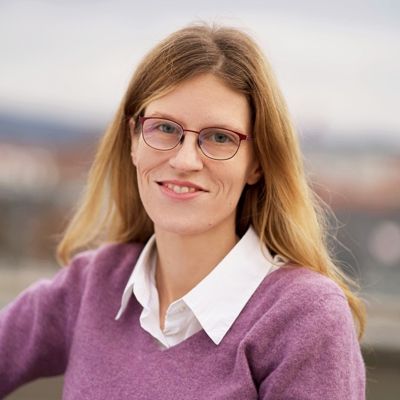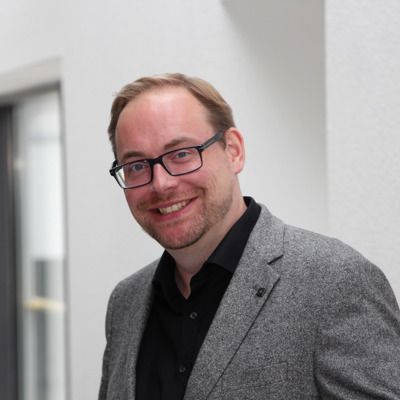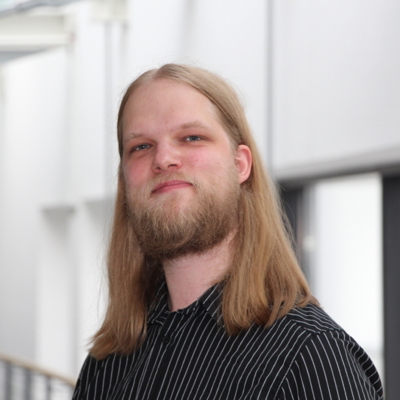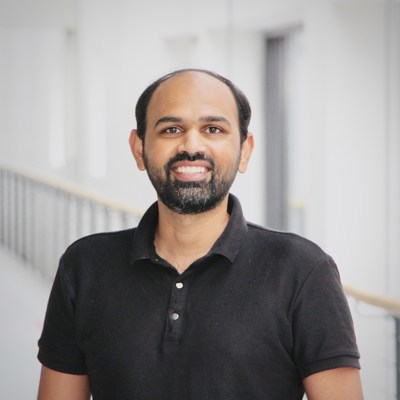26. April 2023, 09:35 – 10:05 Uhr
Lightning Talks: Improving education through AI
"Improving the assessment of learning outcomes through technology"
Ishan Kolhatkar
Educators care about the validity and reliability of their assessments. Students care about their ability to demonstrate their knowledge, skills and understanding to the best of their ability when taking assessments. The digitisation of assessment furthers both aims by leveraging the power of technology to enable educators to better assess learning outcomes. But how do we ensure that we put education first? Join me as I consider five points that demonstrate how technology enhances academic education while keeping education at the heart of what you do.
////
"Being part of the conversation: Fostering knowledge and understanding about AI in non-tech students"
Caterina Hauser
With AI increasingly becoming a part of our lives, quality higher education means promoting understanding of and critical engagement with this technology. Join this talk to get an idea of how this was achieved in the course Understanding Artificial Intelligence and Facing its Challenges. Using a digitally-enhanced challenge-based learning approach, the course was designed for students with diverse disciplinary backgrounds. Working on a challenge of AI in interdisciplinary teams, students acquired basic AI literacy skills and the ability to critically engage in the conversation surrounding AI.
////
"KIRA: A User-Centered approach and AI-based matching of learners’ and labor market’s needs"
Monika Pröbster
How can we address the needs of people seeking to upskill vocationally or change their professions and match them with the requirements of the current labor market? The proposed lightning talk addresses these issues by presenting the project KIRA, a collaboration of Fraunhofer IAO, Hochschule Heilbronn, Duale Hochschule Baden-Württemberg, and WBS training AG, funded by the BMBF. The KIRA team develops and tests the conceptual and data requirements for a user-centered individualization of learning opportunities concerning company or labor market policy success characteristics. Development and testing are embedded in a participative process with the target groups and take place under consideration of the guidelines of human-centered design.
In this process, vocational learning opportunities are tailored to individual needs and conveyed in a custom-fit manner with the support of AI so that they meet the respective learning needs as well as the labor market policy requirements for the success of learning content.
KIRA empowers employees by identifying key qualifications that are crucial for success in today's rapidly changing job market. KIRA focuses on building professional skills such as creativity, leadership, and digital competencies, which will enable employees to adapt and thrive in their roles. Through a user-centered approach and AI-based matching, it helps individuals to develop the skills needed for their specific job and industry. Further, KIRA aims to include and combine various data from different sources and consider the requirements of fair AI to avoid reproducing stereotypes in the matching and recommendation processes.
KIRA is an innovative project that follows an agile approach, it works closely with companies and experts in the field of education and training to develop and test ideas in real-world conditions. The approach and experiences will be presented, considerations shared, and further steps announced. Questions and discussions are welcome.
////
"Developing a Digital Mentor for a diverse student body"
Stefan Becks, Benjamin Voermann, Natalie Klötgen, Mohsin Hayat
We aim to use student-related data and an AI-based system to improve student success. However, not all data stored by the institution - and we assume other institutions as well - lends itself to this for two key reasons. One, it is not always the case that any identifiers are stored that allow data points to be connected to specific students. Two, not all data is stored in the long-term, which would be required for an AI system. We would like to discuss possible solutions to these challenges.
This programme item is related to a public funding by Stiftung Innovation in der Hochschullehre (StIL).
Speaker:innen
Track
AI & Technology
Raum
Lightning Stage
Sprache
EN

